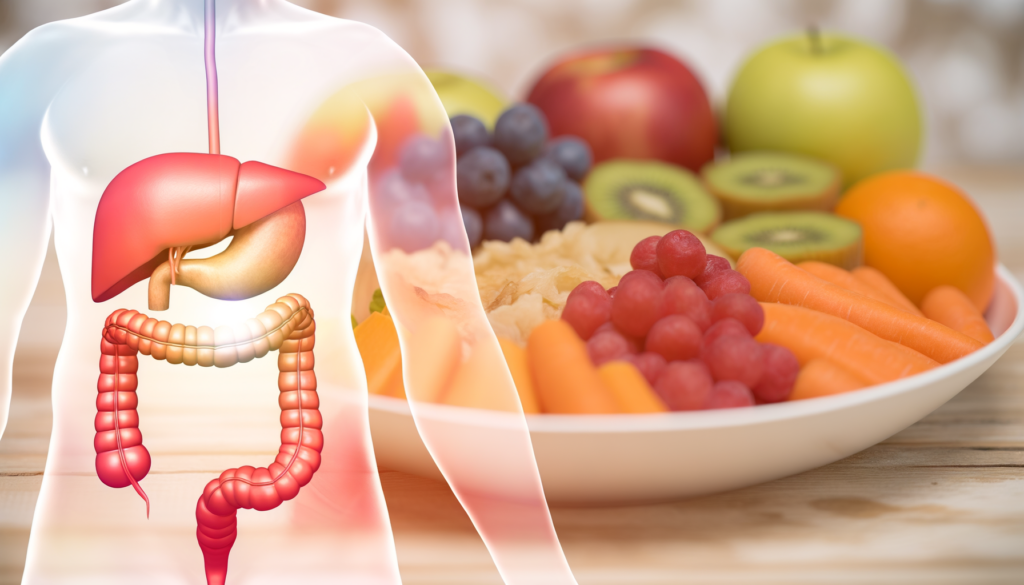Optimizing Performance Through Calorie Tracking for Urban Sports and Parkour Athletes
When it comes to high-intensity activities like parkour and other urban sports, maintaining the right balance of calories is crucial for optimal performance, recovery, and overall health. Here’s a comprehensive guide on how to effectively track and manage calories for these athletes.
Understanding Calorie Needs
Parkour, as a holistic discipline, requires a significant amount of energy due to its demanding nature. It involves navigating urban landscapes, overcoming obstacles, and performing complex movements that challenge agility, strength, and endurance. To determine your calorie needs, you can use a Calories Burned Calculator, such as the one provided by Calorie Calculator Cloud. This tool helps estimate the number of calories burned during various activities, including parkour, although it’s important to note that these calculations are estimates and can vary based on individual factors such as weight, age, and intensity of the activity.
Calculating Caloric Intake
To accurately calculate your daily caloric needs, follow these steps:
- Determine your Basal Metabolic Rate (BMR) using a calorie calculator based on your age, sex, weight, and height.
- Adjust for your activity level by multiplying your BMR by an activity factor. For parkour athletes, this often falls into the “very active” or “extra active” category, requiring an additional 400-800 calories above the BMR.
- Consider additional energy needs for intense training sessions or competitions.
For example, if an athlete’s BMR is 2,000 calories and they are very active, their daily caloric needs might be around 3,200 calories (2,000 * 1.6).
Balanced Nutrition for Parkour Athletes
Macronutrient Balance
A well-balanced diet is essential for parkour athletes to ensure they have the necessary fuel for their activities. Here are some key components of a parkour diet plan:
A balanced diet should include the right mix of carbohydrates, proteins, and fats.
Carbohydrates are crucial for providing energy. Focus on complex carbohydrates such as whole grains, fruits, and vegetables.
Proteins are important for muscle repair and recovery. Include lean proteins like chicken, fish, and plant-based options in your diet.
Healthy fats, found in foods like avocados, nuts, and olive oil, contribute to sustained well-being and support overall health.
Hydration
Adequate hydration is vital for performance and recovery. Drink plenty of water and consider electrolyte-rich beverages during intense training sessions.
Pre- and Post-Workout Nutrition
For optimal performance, consider a carbo-loading strategy two nights before a significant training session or competition. This involves consuming extra carbohydrates like pasta or sweet potatoes to ensure your body’s carbohydrate stores are fully topped off.
The day before a training session, focus on a balanced meal that includes a mix of carbohydrates, proteins, and healthy fats.
After intense activity, recover with a blend of carbohydrates and proteins to replenish glycogen and rebuild muscle. Recovery drinks containing milk protein, glutamine, and L-Carnitine can aid in muscle recovery and support the immune system.
Technological Tools for Calorie Tracking and Performance Monitoring
Wearable Devices and Apps
Emergent technologies such as wearable devices and mobile apps can significantly aid in calorie tracking and performance monitoring.
Wearable devices from brands like Fitbit or Garmin can monitor activity levels, heart rate, and other health metrics, providing valuable insights into energy expenditure.
Calorie tracking apps like MyFitnessPal or the calorie tracker on Calorie Calculator Cloud help athletes log their daily food intake and track their caloric consumption.
IoT Devices in Sports
Internet of Things (IoT) devices are increasingly being used in sports to monitor performance and health metrics. For example, smart insoles with pressure sensors and IMUs can analyze gait and posture, providing data that can be used to optimize training and reduce the risk of injury.
Advanced Training Methods for Enhanced Performance
Agility Training
Agility training is a critical component of parkour and urban sports. Tools like VertiMax Raptor and V8 platforms offer advanced training methods that focus on developing key skills such as strength, agility, speed, and endurance.
VertiMax training involves balance-based exercises that help athletes develop superior agility performance by loading on the horizontal plane to develop dynamic, multi-planar stability. This approach enhances neuromuscular control, reactive power potential, and overall agility.
Case Studies and Real-World Examples
Professional Parkour Athletes
Professional parkour athletes often rely heavily on precise calorie tracking and balanced nutrition to maintain their performance levels. For instance, athletes who use the Calorie Calculator Plans can tailor their nutritional strategies to their specific training schedules and goals.
A well-documented case study might involve an athlete who increased their daily caloric intake by 20% to match their intense training regimen, resulting in improved performance and faster recovery times.
Conclusion and Next Steps
Calorie tracking is a critical component of any athletic training program, especially for high-intensity activities like parkour and urban sports. By using the right tools, planning your nutrition carefully, and integrating your meal plans with your training schedule, you can optimize your performance and achieve your athletic goals.
If you are serious about taking your parkour or urban sports training to the next level, consider using a comprehensive tool like the Calorie Calculator Cloud to track your calories and ensure you are fueling your body correctly.
Don’t forget to explore the various Calorie Calculator Plans to find the one that best suits your needs.
Remember, every calorie counts, and with the right approach, you can enhance your agility, strength, and overall performance in parkour and urban sports.








